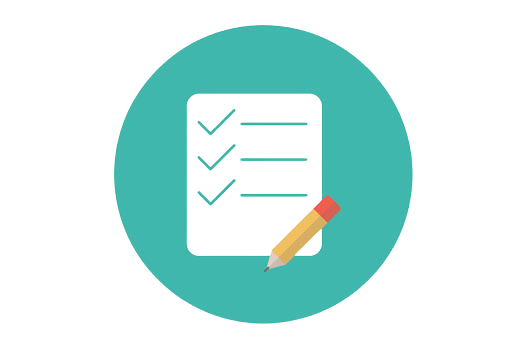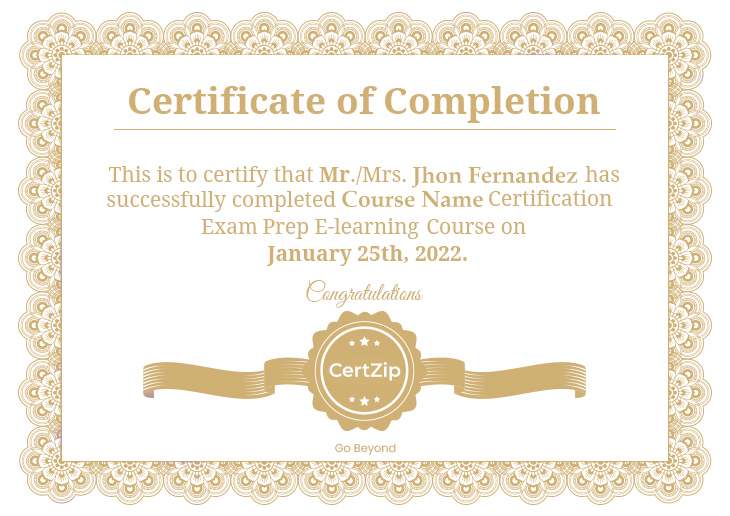Your Shopping Cart

Bestseller
The CCNP (Cisco Certified Network Professional) certification is an advanced-level credential offered by Cisco Systems, a prominent leader in networking technology. Designed for networking professionals aiming to further their skills and expertise, the CCNP certification validates your ability to plan, implement, verify, and troubleshoot complex networking solutions.
CCNP-certified individuals demonstrate a deep understanding of networking technologies, protocols, and practices, making them highly valuable assets in designing and managing intricate network infrastructures. This certification is especially beneficial for those seeking to advance their careers in roles such as network engineer, network administrator, or network consultant.
The CCNP (Cisco Certified Network Professional) certification is an advanced-level credential offered by Cisco that validates your expertise in planning, implementing, troubleshooting, and managing complex networking solutions.
The CCNP certification offers several specialized tracks, including CCNP Enterprise (formerly CCNP Routing and Switching), CCNP Security, CCNP Data Center, CCNP Service Provider, and CCNP Collaboration. Each track focuses on specific areas of networking technology.
The CCNP exams consist of multiple-choice questions, drag-and-drop questions, simulation-based questions, and other interactive question types. The format can vary depending on the specific exam and track you are taking.
There are no formal prerequisites to take the CCNP exam. However, having a strong foundation in networking concepts and potentially earning the CCNA certification is recommended before pursuing the CCNP certification.
To prepare for the CCNP exam, consider using Cisco's official study materials, practice exams, and training courses specific to your chosen track. Building hands-on experience through lab exercises and real-world scenarios is also crucial to understanding the concepts deeply.
Static Routing
EIGRP Features
OSPF Link State Features
Special Areas (Stub, Totally Stubby, NSSA, Totally NSSA)
Redistribution Concepts and Process
Redistribution with Route-Map / Distribute-list
Basics of Internet Routing and Addressing
Enterprise Campus Network Design
Switch Port Aggregating with Ether Channel
STP Concept
Rapid Spanning Tree Protocol
Type of Interfaces in MLS
HSRP / VRRP / GLBP
Correct path selection
The CCNP certification showcases your advanced networking skills and expertise, making you a sought-after professional for roles that involve designing, implementing, and managing complex network solutions. It demonstrates your commitment to staying current with industry-leading technologies.
The number of exams required varies depending on the specific CCNP track you choose. Some tracks require passing multiple exams, while others may have fewer. Each track has its own set of associated exams.
Yes, the CCNP certification is valid for three years. To maintain your CCNP certification status, you can either pass a higher-level Cisco certification exam or renew through Continuing Education activities, earning a specified number of Continuing Education Units (CEUs).
Cisco offers online proctoring for many of its certification exams, including some CCNP exams. This allows you to take the exam from your own location while being monitored by a proctor remotely. However, the availability of online proctoring can vary by exam and location.
Yes, CCNP certifications are globally recognized and respected in the networking industry. Cisco's reputation and the comprehensive nature of CCNP training make it valuable to organizations worldwide.


Every certification training session is followed by a quiz to assess your course learning.

The Mock Tests Are Arranged To Help You Prepare For The Certification Examination.

A lifetime access to LMS is provided where presentations, quizzes, installation guides & class recordings are available.

A 24x7 online support team is available to resolve all your technical queries, through a ticket-based tracking system.

For our learners, we have a community forum that further facilitates learning through peer interaction and knowledge sharing.

Successfully complete your final course project and CertZip will provide you with a completion certification.
The cost of the CCNA certification exam can vary based on your location and the specific version of the exam. It's recommended to check the official Cisco website for the most accurate and up-to-date pricing information.
There are no formal prerequisites for taking the CCNA certification exam. However, having a basic understanding of networking concepts can be beneficial.
The passing score for the CCNA certification exam is typically in the range of 800 to 850 out of a total of 1000 points. The exact passing score can vary based on the difficulty of the exam version.
Yes, you can retake the CCNA exam if you do not pass it on your first attempt. There is no waiting period to retake the exam, but you must pay the exam fee each time you take it.
The CCNA certification can open doors to various job opportunities in networking, such as network administrator, network technician, or support engineer. It's a recognized industry standard that validates your skills and knowledge.
